The death of ZAPU National Chairperson, Mark Nzula Mbayiwa, has once again sparked debate about how national heroes are chosen in Zimbabwe.
Mbayiwa (66) collapsed and died at his home in Morningside, Bulawayo., on Friday.
He served in the liberation struggle under the ZPRA command and afterwards joined the Zimbabwe National Army until he retired having received the five, 10 and the 15-year service medals from the army.
Mbayiwa was buried at Lady Stanley Cemetery in Bulawayo on Wednesday.
Despite his decorated service to the country both and before independence, Mbayiwa was not declared a national hero but his friends and family said his deeds deserved such recognition.
“Mbayiwa was one of the outstanding crop of freedom fighters, who endured the hardships of the liberation war, exile, prison and punishment. He was one of the fighters, who with (the late) Dr Dumiso Dabengwa built a formidable mass movement to liberate Zimbabwe. As such it is very sad to ignore their contributions,” said Stylish Magida, a ZAPU member, also former Dean of Students Affairs at the National University of Science and Technology now based at Copperbelt University in Zambia, in a speech read on her behalf by Mbayiwa’s friend and namesake, Mark Mbayiwa at the funeral service.
Magida said while it is fact that most freedom fighters had died, gone into cocoons or exited the political stage, the principles they fought for and values they lived by, still found resonance at this moment.
“As we come across challenges and disappearance of revolutionary morality, let us draw strength, inspiration and guidance from the deeds of these freedom fighters like Mbayiwa,” she said.
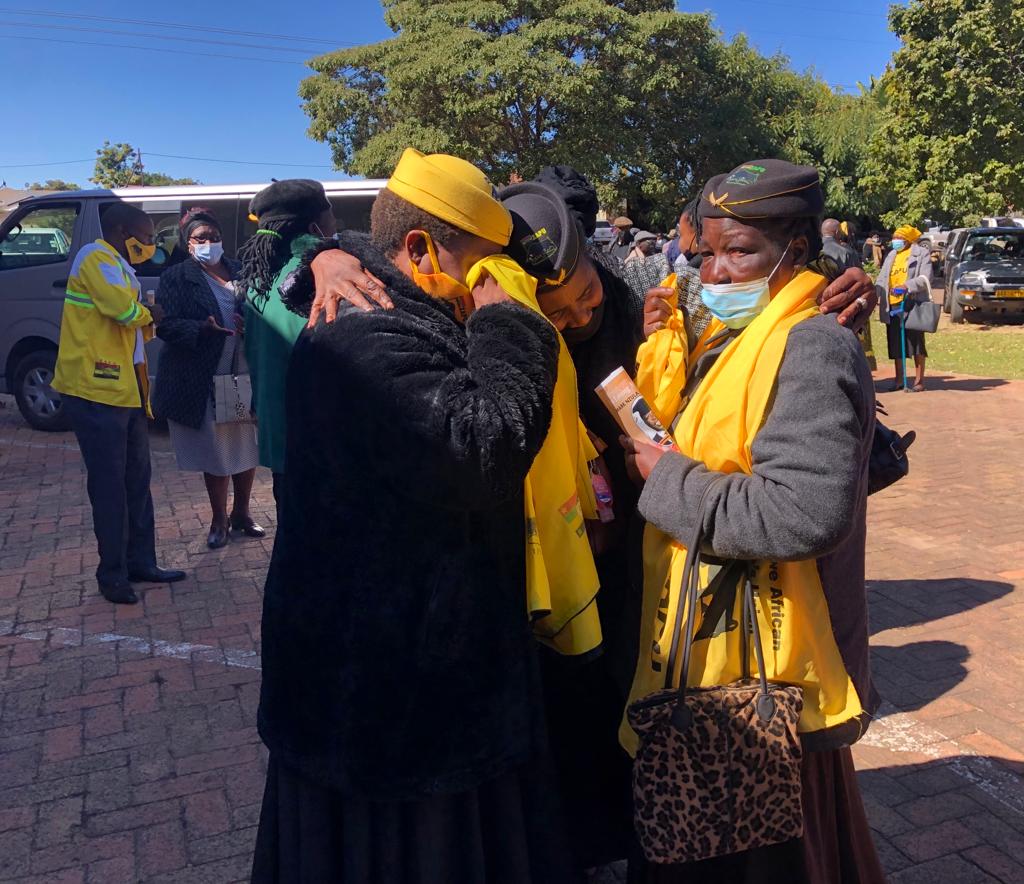
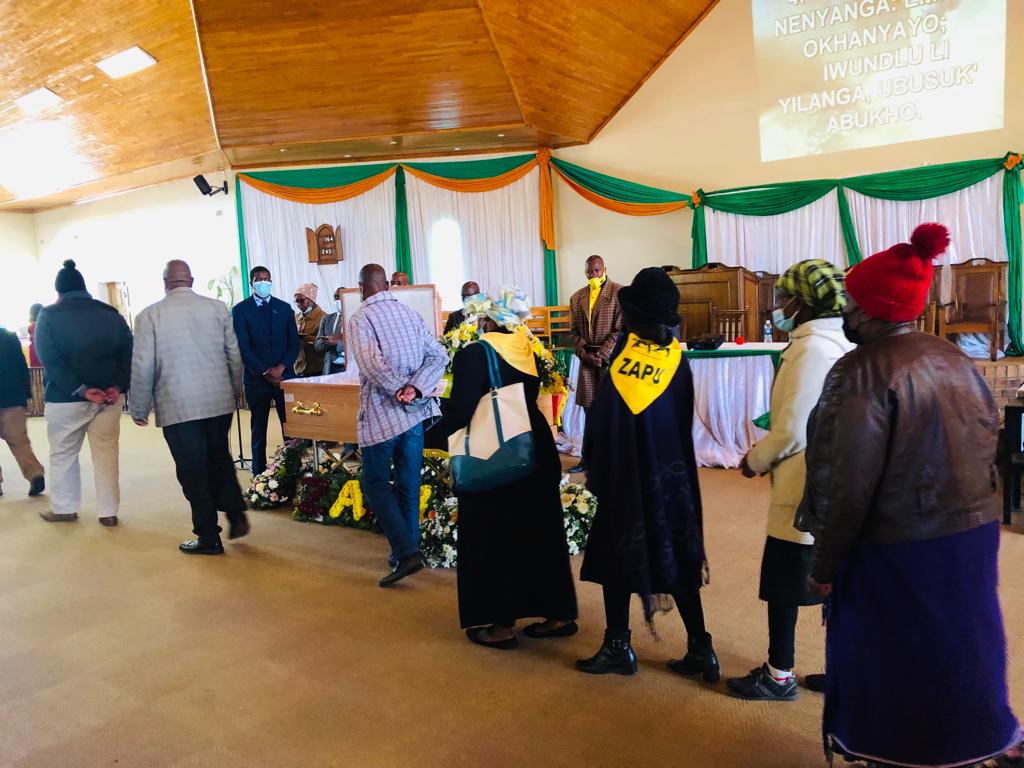
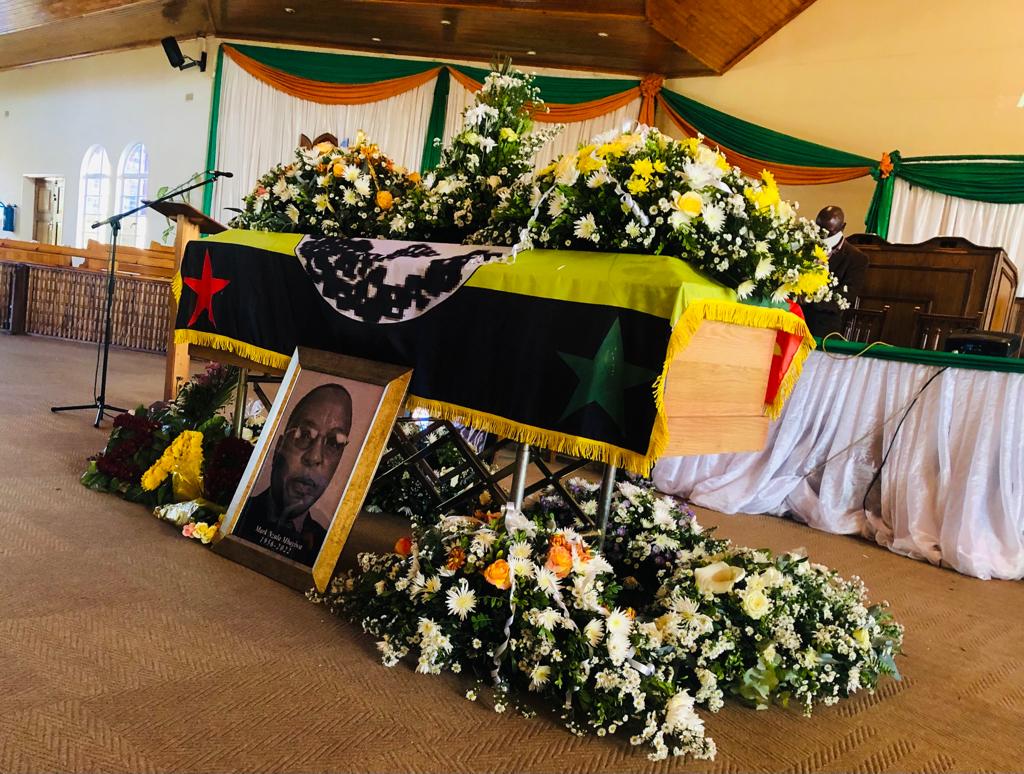
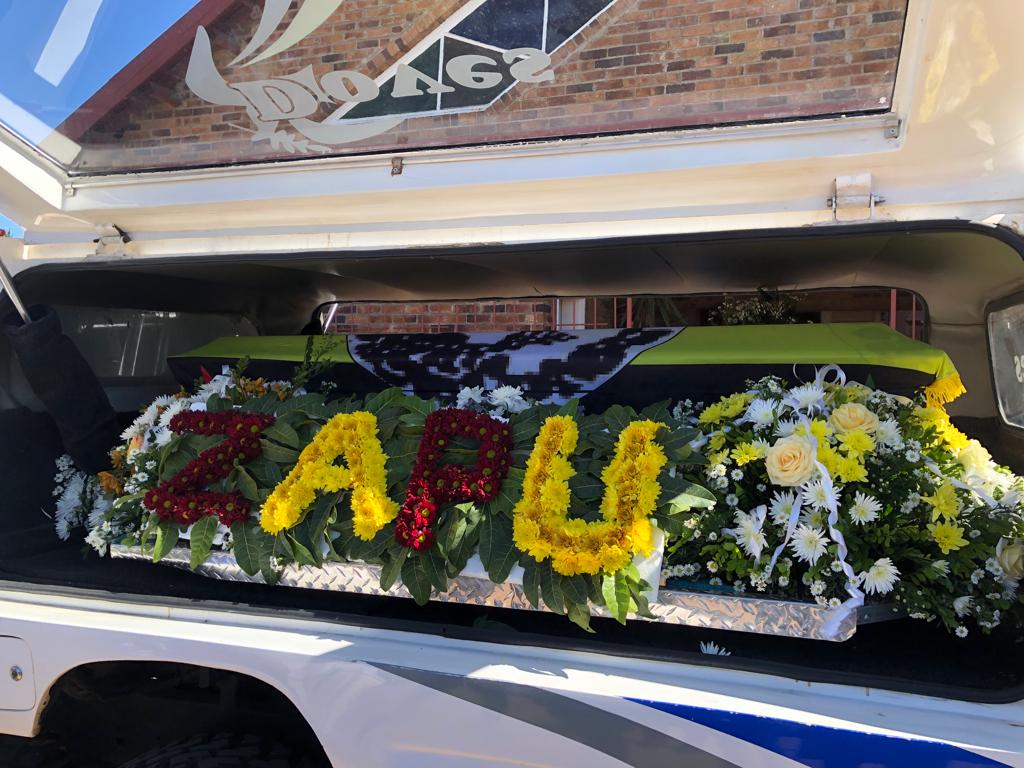
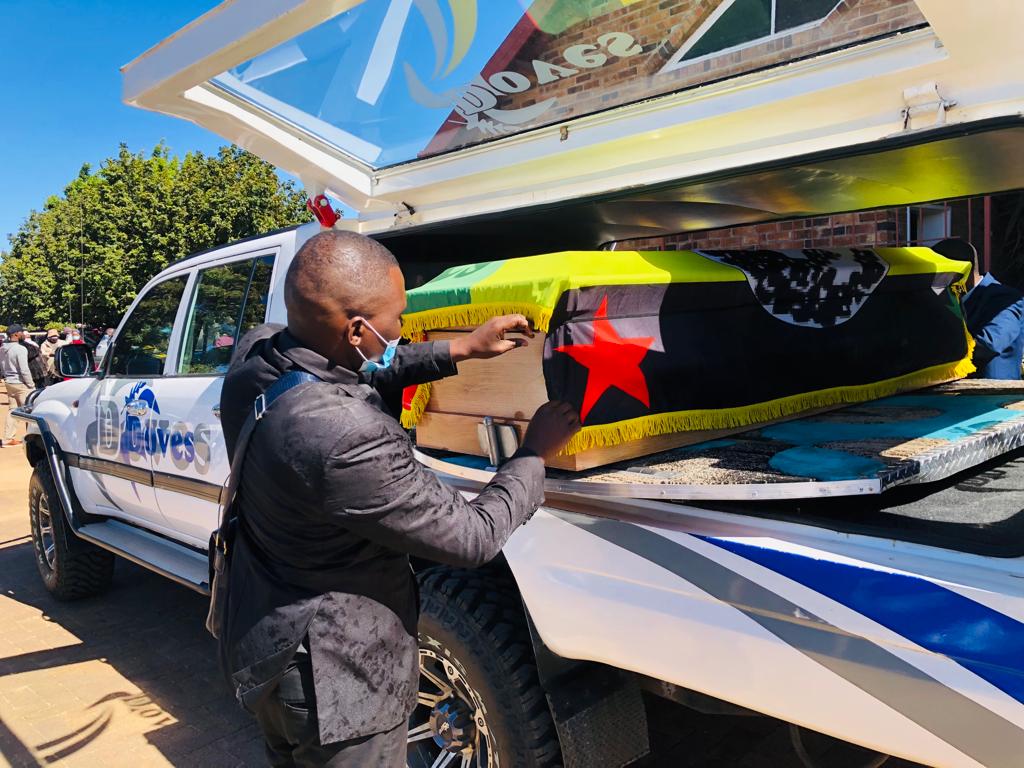
ZAPU Secretary-general, Mthulisi Hanana said under normal circumstances, Mbayiwa should have been declared a national hero.
“His crime was to stand for our people. Being given hero status has become a privilege for those who have joined a clique of looters and people that are destroying this country. For you to be recognised you must sell yourself and move closer to thieves so that you become a hero,” he lamented.
Hanana remarked that Mbayiwa might not have been declared a hero by the state but the country knew its true heroes.
“Mbayiwa is one of them. Now at the Heroes Acre, there are people who know nothing about the liberation struggle while our people are ignored. Mbayiwa’s death makes us want to discuss who a hero is,” said the SG.
“We believe anyone can be a hero without prioritising their place of burial. These days, one is accorded hero status based on where they are buried. A hero is a hero even if you are buried in your own homestead.”
Hanana decried how a hero status is now accorded to people from one political party.
“We advise those close to the government that should an ex-ZPRA member die, a decision on whether they should be heroes must be taken by ZPRA cadres,” he said.
Former ZAPU president, Isaac Mabuka, mourned the loss of his best friend.
“We were together in the war, in the national army, we stayed together socially, we were in the same clubs. Mbayiwa loved advising people on finances and advised pensioners how to use their pensions. He would always say, ‘buy cattle then you will reap the rewards.’ When I retired in 2001 that’s the advice he gave me as he had retired four years earlier,” he said.
“Mbayiwa loved school. He recently graduated in March in South Africa, He told me, he sold 12 cows to fund his trip. From some of the money, he even bought another car to reward himself.”
Mbayiwa’s love for education was confirmed by his sister in law.
“The couple both loved school and were competing against each other. Mbayiwa graduated in March and his wife had graduated before him,” she said.
His family described how Mbayiwa gave his life to serve others and was pained by the underdevelopment in Zimbabwe.
“His back was full of such. So many times he would be frustrated by people and I would tell him to let it go otherwise he would be stressed but despite his pain, he always stood up tall. To him, his life was not more important than others,” said his nephew Mthulisi Mpofu, who joked that his uncle bought him his first suit.
Mpofu narrated an incident when they travelled together from Nyamandlovu on a narrow strip road and Mbayiwa refused to make way when they approached another car.
“I was driving and directed me to stay on the road until the other driver was forced to make a turn off the road. When I asked why he said the driver was one of the persons who were responsible for the poor state of the roads,” he said.
His daughters Nokuthula and Thenjiwe described their father as a loving man, listener and adviser bent on instruction.
“He was not just a father, he was a friend who taught us a lot and would tell you to always do the right thing,” said Nokuthula.
Thenjiwe noted she experienced great love from her father.
“He showed me love and I felt safe in his presence, wherever he was, I was at home. My father was one of the greatest war veterans and stayed to fix the country. He was my knight in shining armour. When I had children of my own I could tell him anything,” she said.
Mbayiwa’s last born son, Lungile, said his father instilled in him to be a good man, husband and father.
Mbayiwa’s funeral was attended by the ZAPU presidency, National Executive and National People’s Council members, ex-ZPRA fighters and friends.

